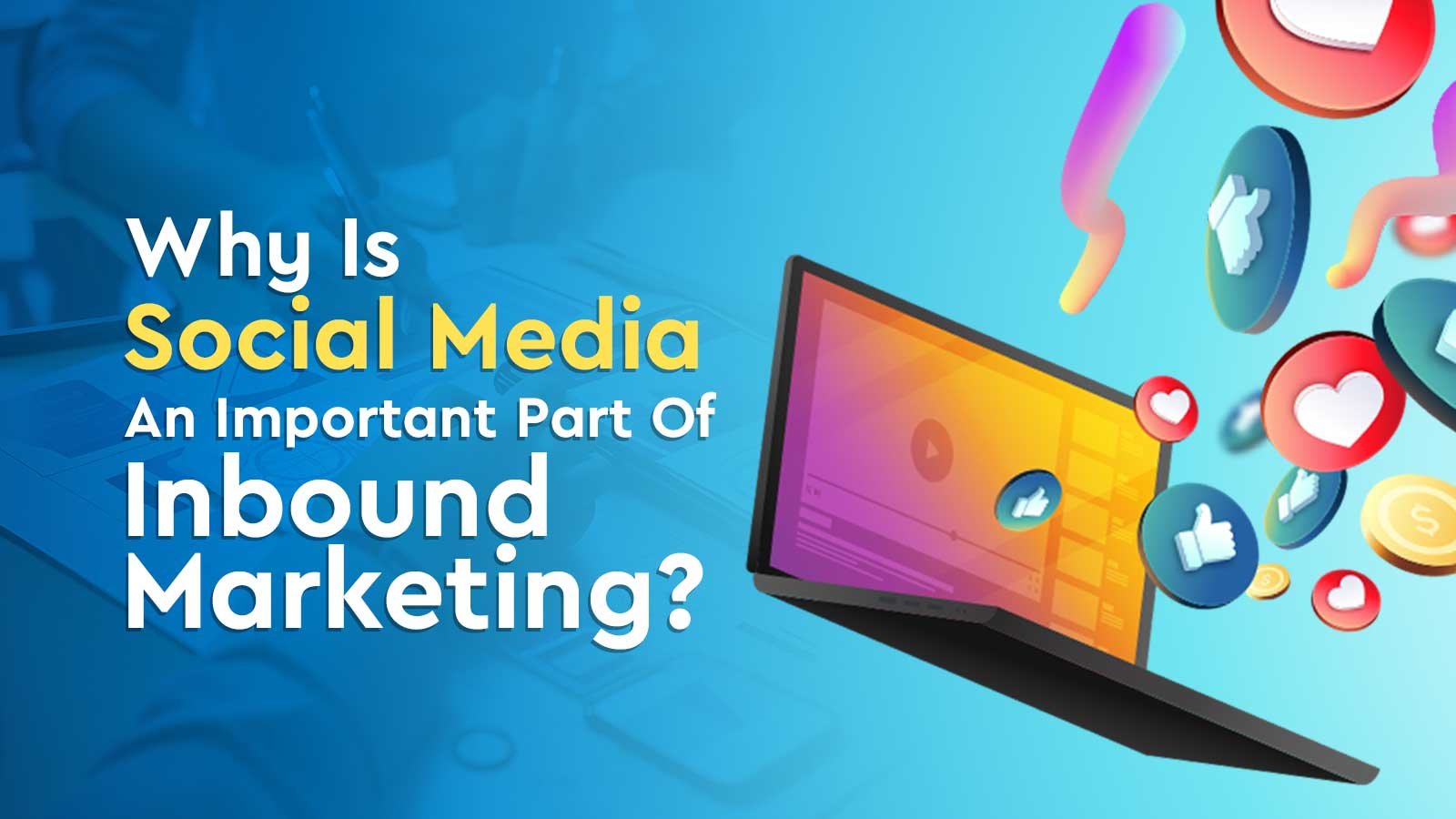
Inbound marketing focuses on attracting customers through valuable content and experiences tailored to them. Unlike traditional marketing, which pushes products onto people, inbound marketing draws them in naturally. Social media is a key part of this strategy. It helps businesses connect with their audience in meaningful ways. Here’s why social media is crucial for inbound marketing.
Great content is the foundation of inbound marketing. But even the best content needs to be shared widely to have an impact. Social media platforms like Facebook, Twitter, and Instagram are excellent places to share your content. They allow you to reach a larger audience, especially those who are already interested in what you offer. When people share your posts, your content reaches even more potential customers.
Being active on social media helps people recognize and remember your brand. By consistently sharing valuable content and engaging with your audience, you can position your brand as a leader in your industry. Social media also allows for open communication, which builds trust. When you respond to customer questions and concerns, you show that your brand cares, leading to stronger relationships.
One of the main goals of inbound marketing is to drive visitors to your website. Social media is a great tool for this. Every post that includes a link to your site is a chance to bring in more traffic. By guiding your audience to specific blog posts or product pages, you increase the likelihood of conversions. Additionally, social media ads can target specific audiences, bringing even more visitors to your site.
Inbound marketing is about building real connections with your audience. Social media allows you to engage with people on a personal level. Whether through comments, likes, or direct messages, social media lets you interact in real-time. This engagement helps you understand your audience better, allowing you to tailor your content to meet their needs. It also builds loyalty, as customers appreciate brands that listen and respond to them.
In today’s digital world, customer experience is more important than ever. Social media plays a big role in this. It provides a platform where customers can easily interact with your brand. By promptly addressing customer inquiries and feedback on social media, you can improve their overall experience. Happy customers are more likely to stay loyal and recommend your brand to others.
Social media is a powerful tool for lead generation. By sharing content that resonates with your audience, you can attract potential leads. Social media platforms offer features like Facebook Lead Ads and LinkedIn Lead Gen Forms, which help you capture leads directly. This information can then be used for further marketing efforts, such as email campaigns, to nurture these leads into customers.
Search engine optimization (SEO) is a key part of inbound marketing, and social media can help boost your SEO efforts. While social media signals like likes and shares don’t directly impact rankings, they can increase the visibility of your content. This, in turn, can lead to more backlinks, which are crucial for SEO. Also, social media profiles can appear in search results, providing more opportunities for your brand to be found.
To improve your inbound marketing, you need to know what’s working and what’s not. Social media platforms offer analytics that give you insights into your audience’s behavior. By analyzing metrics like likes, shares, and comments, you can see which content resonates with your audience. These insights help you refine your content strategy to better meet your audience’s needs.
Social media is a great place to build a community around your brand. By fostering a sense of belonging, you can turn satisfied customers into brand advocates. These advocates help spread the word about your brand, attracting new customers. Encouraging user-generated content and running social media contests are effective ways to build and engage your community.
In today’s business world, having a strong social media presence is essential. Most of your competitors are likely using social media as part of their marketing strategy. If you’re not, you risk falling behind. By staying active on social media, you ensure that your brand remains visible and competitive. You can also monitor your competitors’ activities and identify ways to stand out.
People connect with people, not just brands. Social media allows you to humanize your brand by showing the people behind it. Sharing behind-the-scenes content and engaging in conversations helps build stronger relationships with your audience. This authenticity fosters trust and loyalty, which are vital for successful inbound marketing.
Social media supports other inbound marketing strategies. For example, it can be used to promote email campaigns, drive traffic to your blog, or highlight your lead magnets. By integrating social media with other marketing efforts, you create a cohesive strategy that maximizes your impact. Social media also allows you to repurpose content, extending its reach and effectiveness.
Social media is a critical component of inbound marketing. It helps businesses attract, engage, and delight their audience in ways that other channels cannot. From building brand awareness to generating leads and boosting SEO, social media plays a vital role in every aspect of inbound marketing. To stay competitive and achieve your marketing goals, it’s essential to leverage the power of social media effectively.
For more tips on optimizing your inbound marketing strategy, visit Providence Digital..